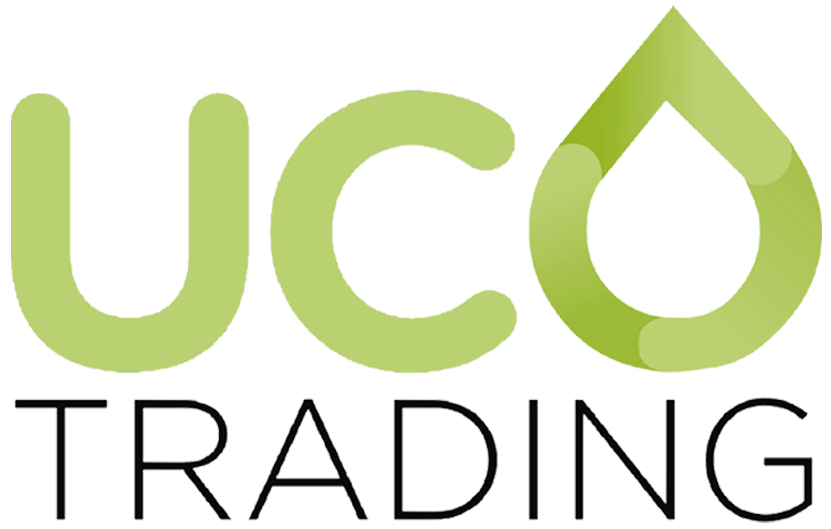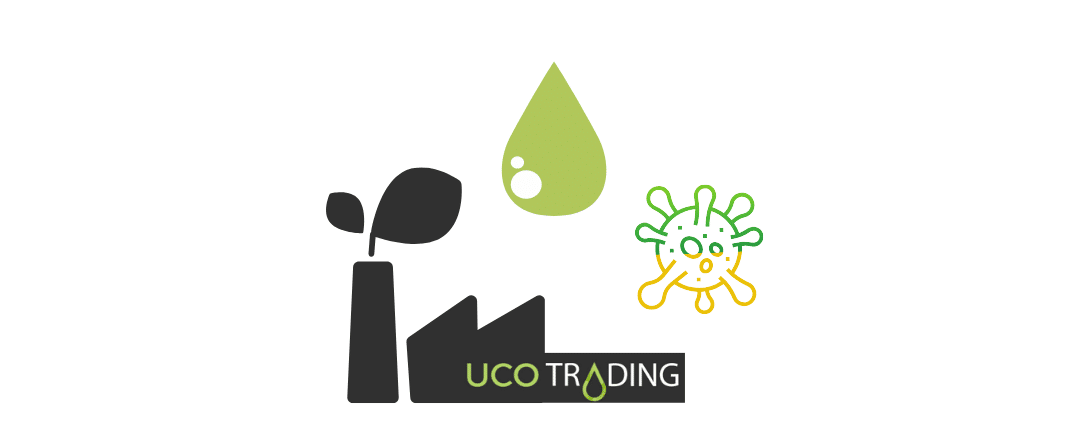It is clear that COVID19 is a global pandemic that has affected everything and everyone. There is no market that has not suffered it and in this post we are going to try to analyze in depth what consequences it has had in the collection of uco and what changes are expected in the future.
Let us start from the basis that the uco that is collected worldwide comes from 95% from the restaurants, hotels, coffees and 5% is generated at home from household collection. If we take into account that the restaurants have been completely closed for the last two months, we can realize the magnitude of the drop in collection. The vast majority of uco collectors worldwide have had to temporarily shut down while the hospitality industry was down and the rest have continued to collect with a minimum of staff to provide collection services at the following points:
- Urban containers for household collection. These orange containers are distributed in public places authorized by the municipalities, clean points or supermarkets, for example. This is where a slight upturn has been reflected given that, since people are confined at home, they have cooked more and a little more used oil has been generated. This rise is very insignificant because consumption habits make people eat much less fried at home than outside and unfortunately because the environmental awareness of people at home is not yet widespread and many continue to throw the excess oil down the sink instead of storing it and delivering it in an orange container as they should.
- Delivery and caterings. These two are the exceptions within the Horeca channel that got rid of the total closure. Some restaurants decided to remain open only for home delivery of food and there were also catering companies that had to continue cooking to serve student and elderly residences, hospitals, jails and other places that did not close.
- Food factories. The large factories for pre-cooked food, fried potatoes, bakery, snacks and anyone who needs vegetable oil in their production generate used oil and this continued to be collected during the general break by COVID.
The sum of these three exceptions represents between 10% and 20% of the oil that was usually generated, so the drop in consumption due to the break has been catastrophic. With the opening of the terraces and some more restaurants, a slight pick-up in collection is expected in June, which can take us to levels of 40% compared to the situation we were in in February 2020.
What can happen from now on?
The end of confinement is reactivating consumption little by little, but only locally. There are still restrictions on movement between regions within the countries and until next month the arrival of foreign tourists will not be allowed. Starting in July, you will be able to really see the amount of uco that is generated compared to other years on the same date and we will see if the post-COVID era and its new habits will affect our sector. There are several changes that can affect:
- Remote working. if this modality is here to stay in certain sectors and companies, it obviously brings with it that people eat more at home and, as we have already mentioned, much less oil is generated there than eating in restaurants.
- Economic crisis. There will be a readjustment in many companies and the purchasing power of people who regularly ate away from home and who now have to cut spending on restaurants will decrease.
On the positive side, we have seen that demand and price fell dramatically in April, but nevertheless the market has gone up in May and June. The commitment to second generation biofuels produced from waste is clear and the European guidelines have ambitious blending targets until 2030, so demand seems guaranteed in the coming years. Even with a drop in fossil oil to record lows and most of the cars and trucks stopped due to confinement, all the collected uco has been properly sold and demand has been greater than supply, reflecting that uco is the most desirable waste for biofuel manufacturers due to its quality and ease of treatment.
It remains to be seen what will happen in the coming months because there are many factories that have had to stop due to lack of supply and this is a problem that will continue until the “new normal” begins and we will see how much uco is finally generated. Let us hope that there is no second wave of the virus and that everything will be reactivated soon. Those involved in this industry, from the restaurants industry that generates the used oil, the collectors that manage it correctly, transporters and biofuel factories that give a second life to the waste, are looking forward to everything starting to roll again. Lets go for it!

